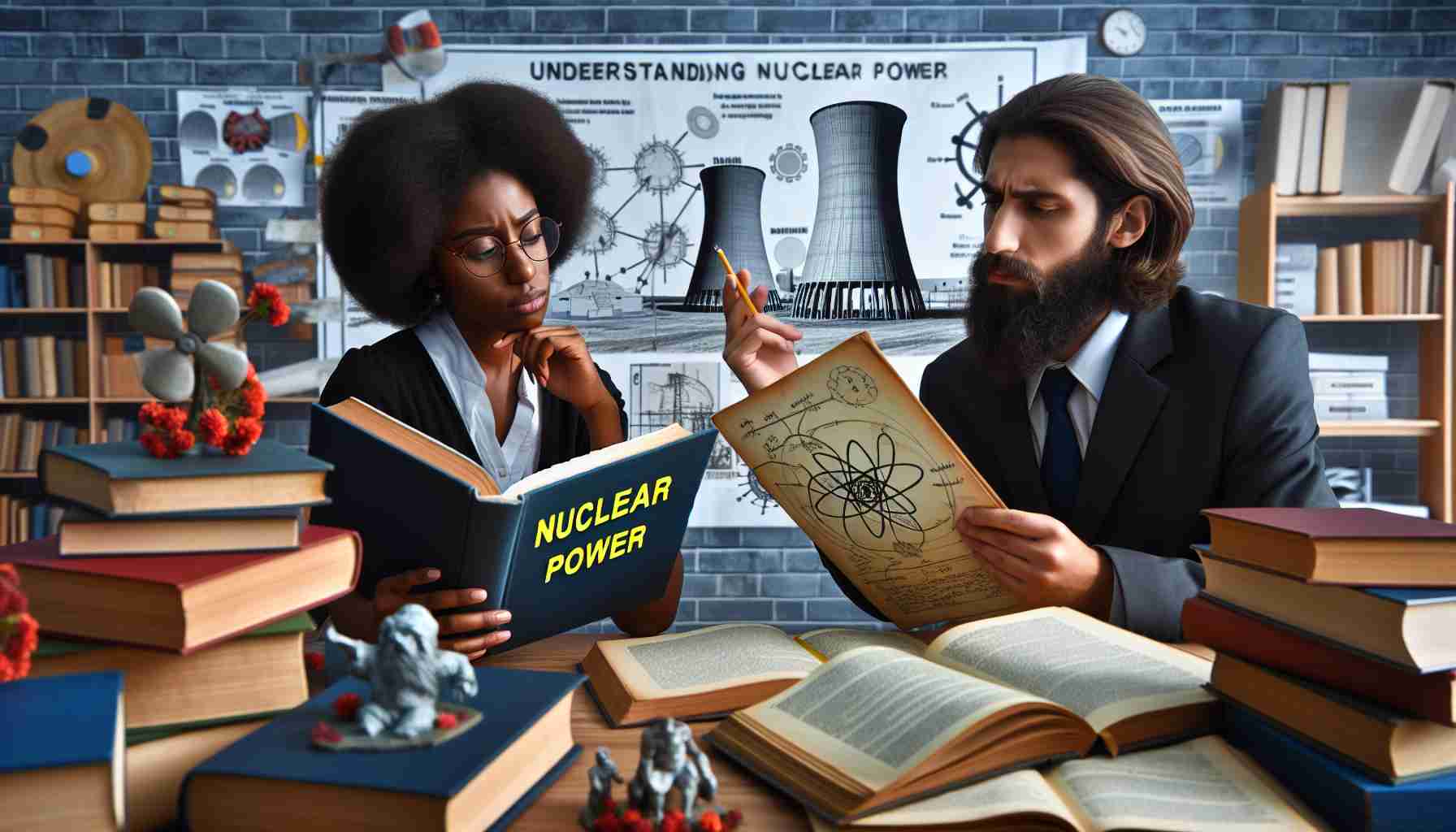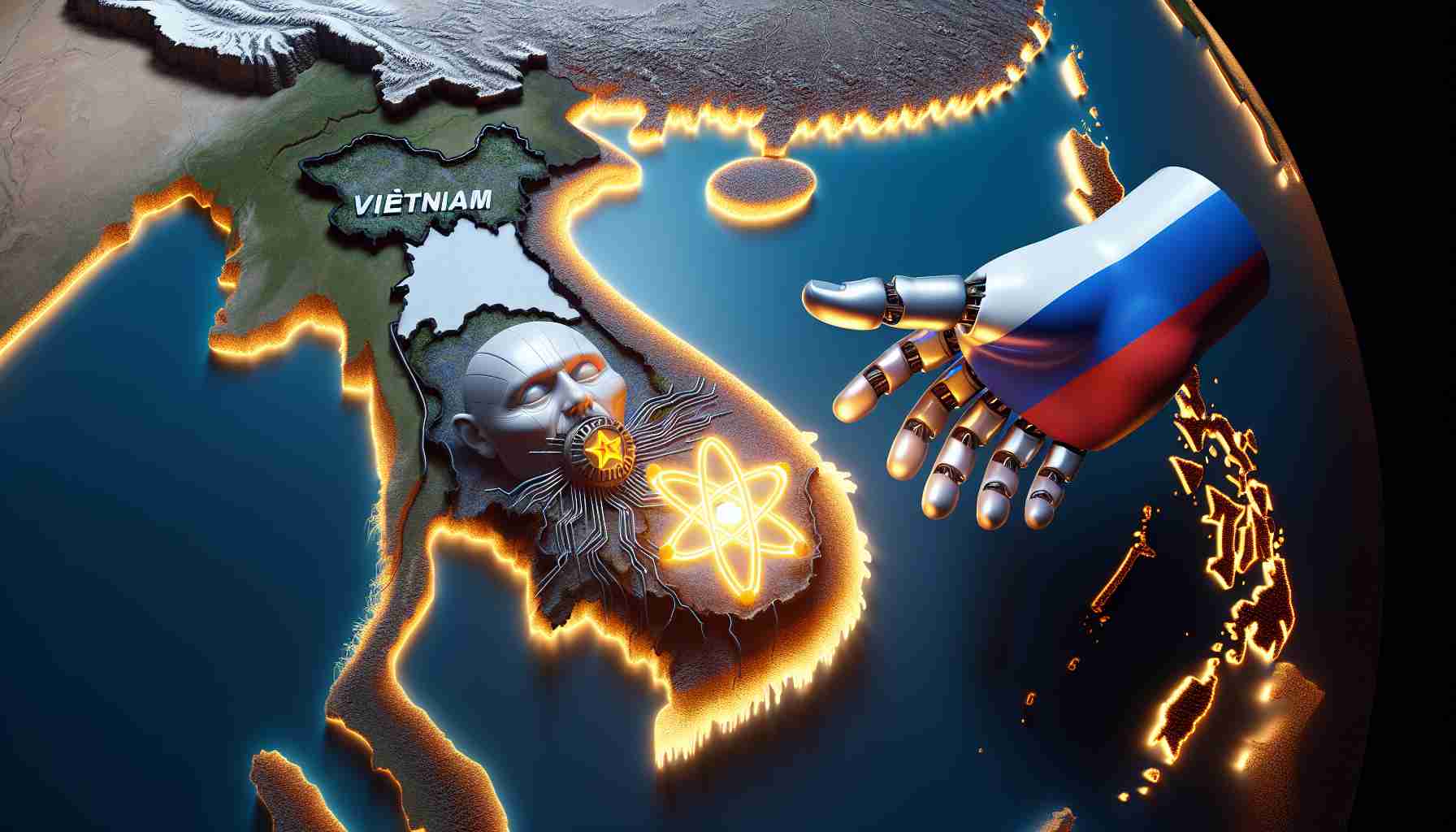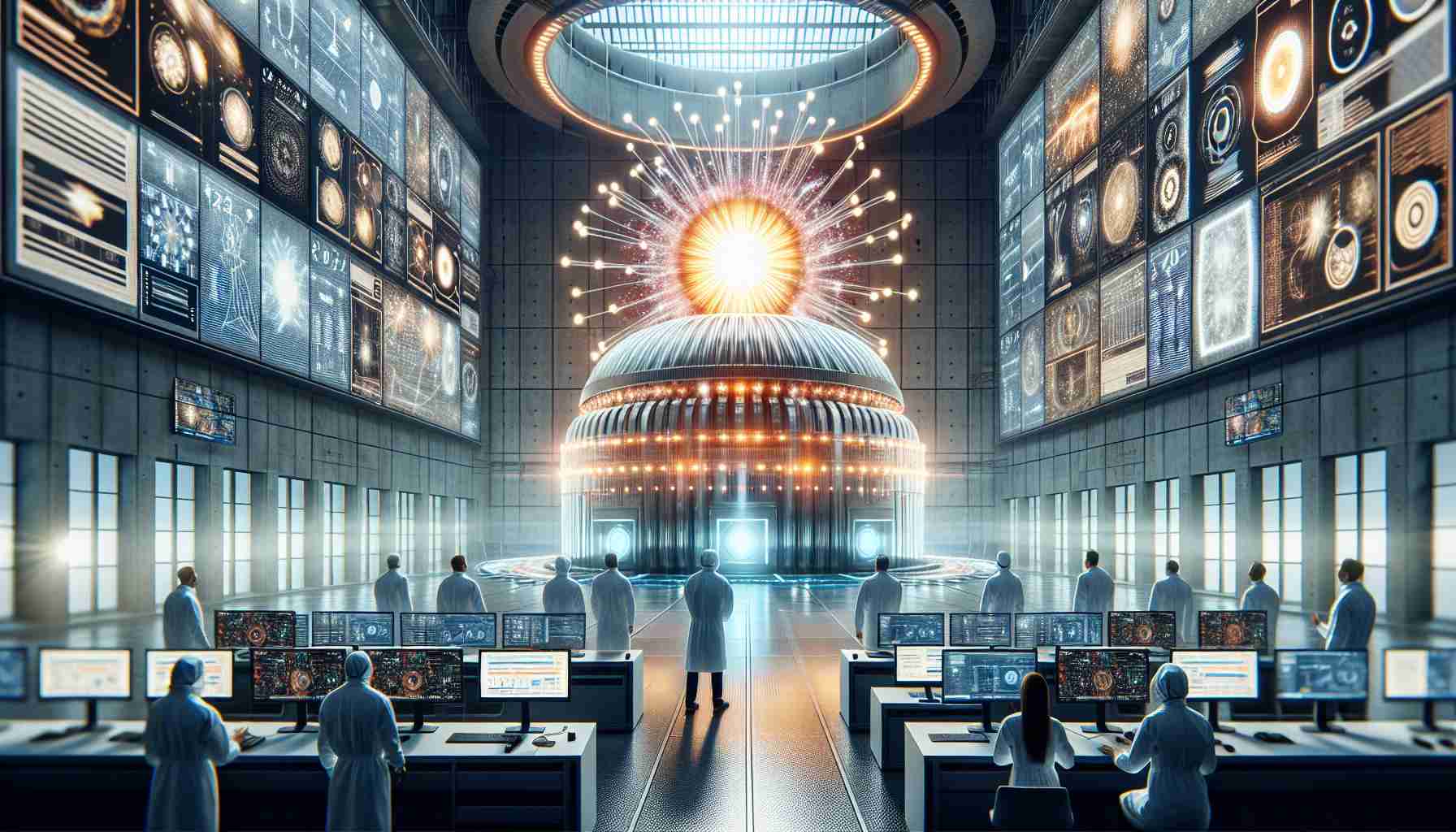A New Philosophical Perspective on Nuclear Power
The advent of nuclear technology has left a profound impact on contemporary philosophical discourse. Despite several renowned philosophers grappling with its implications, many have failed to delve into the intricate connections among nuclear technology, capitalism, and state dynamics. They often overlook the significant transformation of what we once understood as ‘atoms’.
Two Japanese philosophers, Yoshiyuki Sato and Takumi Taguchi, take on this daunting challenge in their collaborative work, Datsugenpatsu no tetsugaku—translating essentially to the philosophy of moving away from nuclear power. They suggest that traditional philosophical approaches are inadequate to critique nuclear energy convincingly. Instead, they propose an innovative framework that synthesizes various fields of thought, from political economy to historical documentation, to confront the issues posed by nuclear technology.
The book unfolds in four sections, focusing first on the historical identity of nuclear weapons and power plants, followed by an ideological critique, and a deeper socio-political examination of nuclear development. Their argument emphasizes that both domains share a similar lineage, steeped in a culture of secrecy and state-centric agendas.
Through Foucauldian analysis, the authors elucidate how knowledge regarding nuclear technology is often controlled and manipulated by powerful institutions, reshaping our understanding of its implications for society. Ultimately, Sato and Taguchi aspire to illustrate a path towards a future liberated from nuclear power’s shadow.
Reframing the Debate: A Philosophical Examination of Nuclear Power
A New Philosophical Perspective on Nuclear Power
Nuclear power continues to be a contentious issue in global discussions surrounding energy, ethics, and technology. Various academic and political perspectives have emerged, yet few have ventured as deeply into the philosophical implications of nuclear technology as Japanese philosophers Yoshiyuki Sato and Takumi Taguchi in their book, Datsugenpatsu no tetsugaku. Their work invites readers to reconsider the intersections of nuclear power with capitalism and state power, emphasizing the necessity of a comprehensive philosophical approach.
# Key Features of Sato and Taguchi’s Work:
1. Historical Context: The philosophers delve into the historical evolution of nuclear weapons and power plants, illustrating how these technologies have been deeply intertwined with state development and ideologies over the years.
2. Ideological Critique: The book presents an ideological analysis of nuclear technology, revealing how it is often justified through narratives of progress and security, which obscure its inherent risks and ethical dilemmas.
3. Socio-Political Dimensions: The authors highlight that the development of nuclear technologies is not merely a scientific endeavor but a socio-political phenomenon that reflects broader capitalist dynamics and state secrecy.
4. Foucauldian Framework: Utilizing a Foucauldian lens, Sato and Taguchi unpack the ways in which knowledge surrounding nuclear technology is controlled. They argue that this control is instrumental in shaping public perception, policy, and ultimately, societal acceptance of nuclear energy.
# Pros and Cons of Nuclear Power:
Pros:
– High Energy Output: Nuclear power is capable of producing large amounts of energy with relatively low fuel requirements compared to fossil fuels.
– Low Greenhouse Gas Emissions: When operational, nuclear plants contribute significantly less to climate change compared to their coal or gas counterparts.
Cons:
– Waste Management Issues: The disposal of nuclear waste remains a pressing challenge, with long-lasting environmental implications.
– Risk of Accidents: Events like Chernobyl and Fukushima have raised substantial concerns regarding the safety of nuclear energy production.
– Security Risks: The potential for nuclear technology to be weaponized poses significant security threats globally.
# Use Cases and Innovations:
Nuclear power has diverse applications beyond electricity generation. For instance, it is utilized in medical technologies, such as cancer treatment (radiotherapy) and imaging procedures (PET scans). Ongoing innovations, such as Small Modular Reactors (SMRs) and advancements in nuclear fusion research, aim to address safety concerns while reducing the overall environmental footprint of nuclear energy.
# Trends and Predictions:
As the world grapples with climate change, there is a noticeable trend toward reevaluating nuclear energy’s role in future energy policies. Countries that previously shunned nuclear energy are reconsidering its potential as a low-carbon energy source. The shift in public sentiment and governmental policies may lead to increased investment in nuclear technology innovations, particularly safer and more efficient reactors.
# Limitations:
While Sato and Taguchi emphasize the importance of a critical perspective on nuclear power, their work also acknowledges the inherent limitations of philosophical critique. Engaging with technical, scientific, and political realities is essential to formulating practical solutions to the challenges posed by nuclear technology.
As society moves forward, the insights from Sato and Taguchi highlight a necessity: an interdisciplinary approach that integrates philosophical inquiry with empirical evidence, aiming toward a future where energy production aligns with ethical and sustainable practices.
For further exploration of nuclear energy philosophy and its implications, visit this link.
The source of the article is from the blog foodnext.nl













